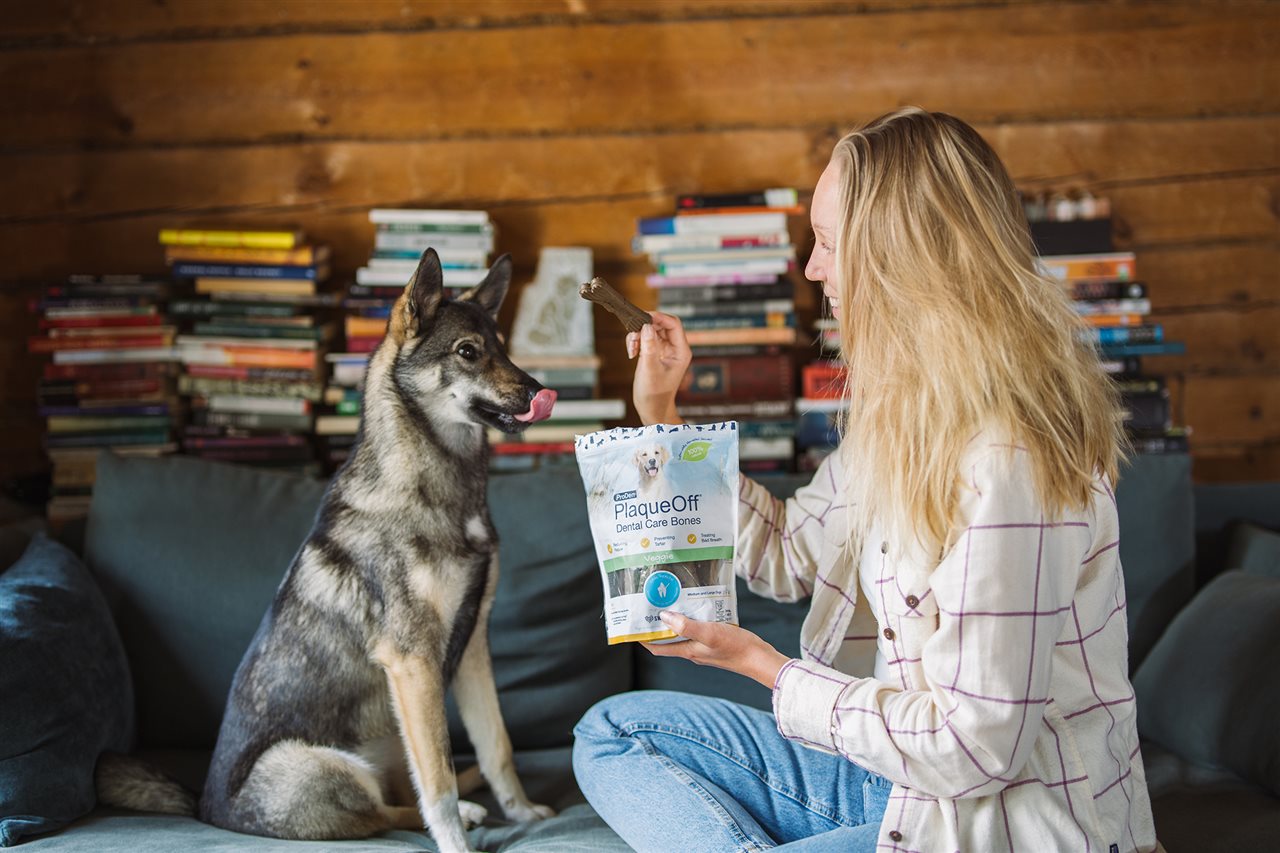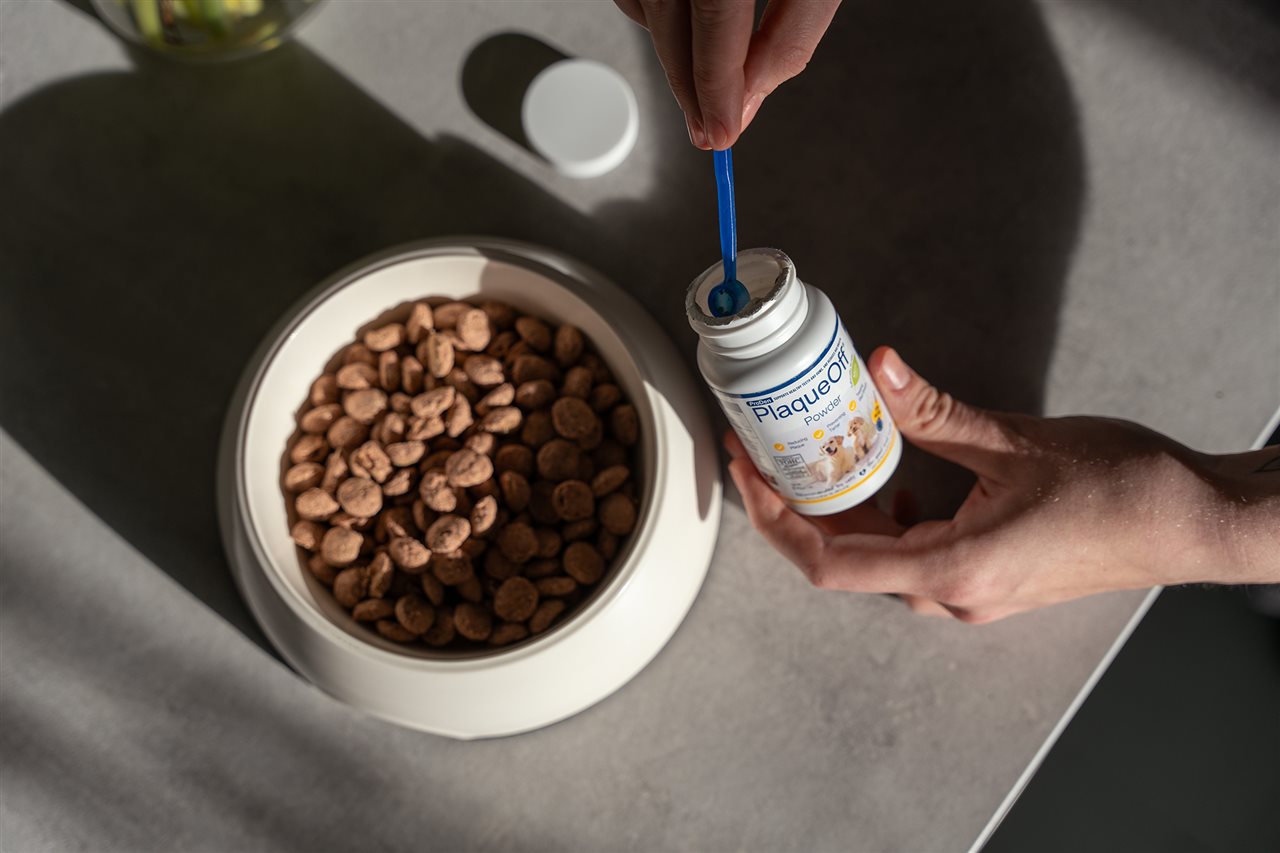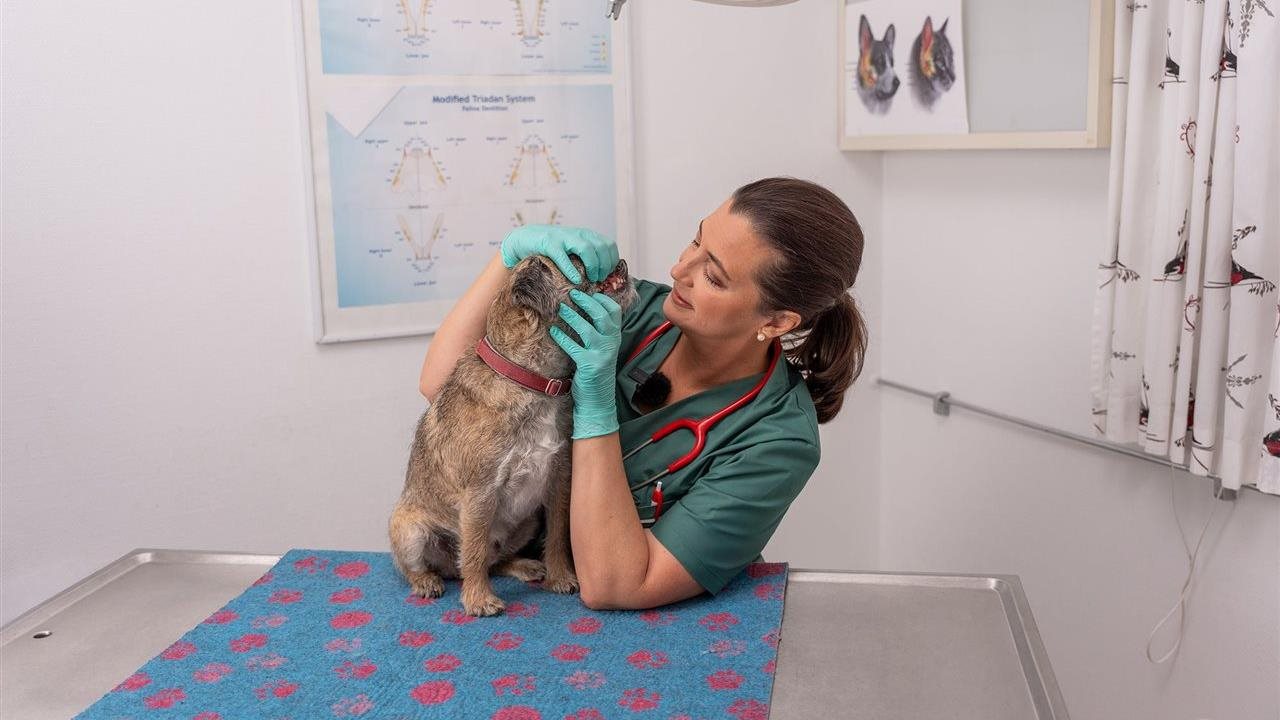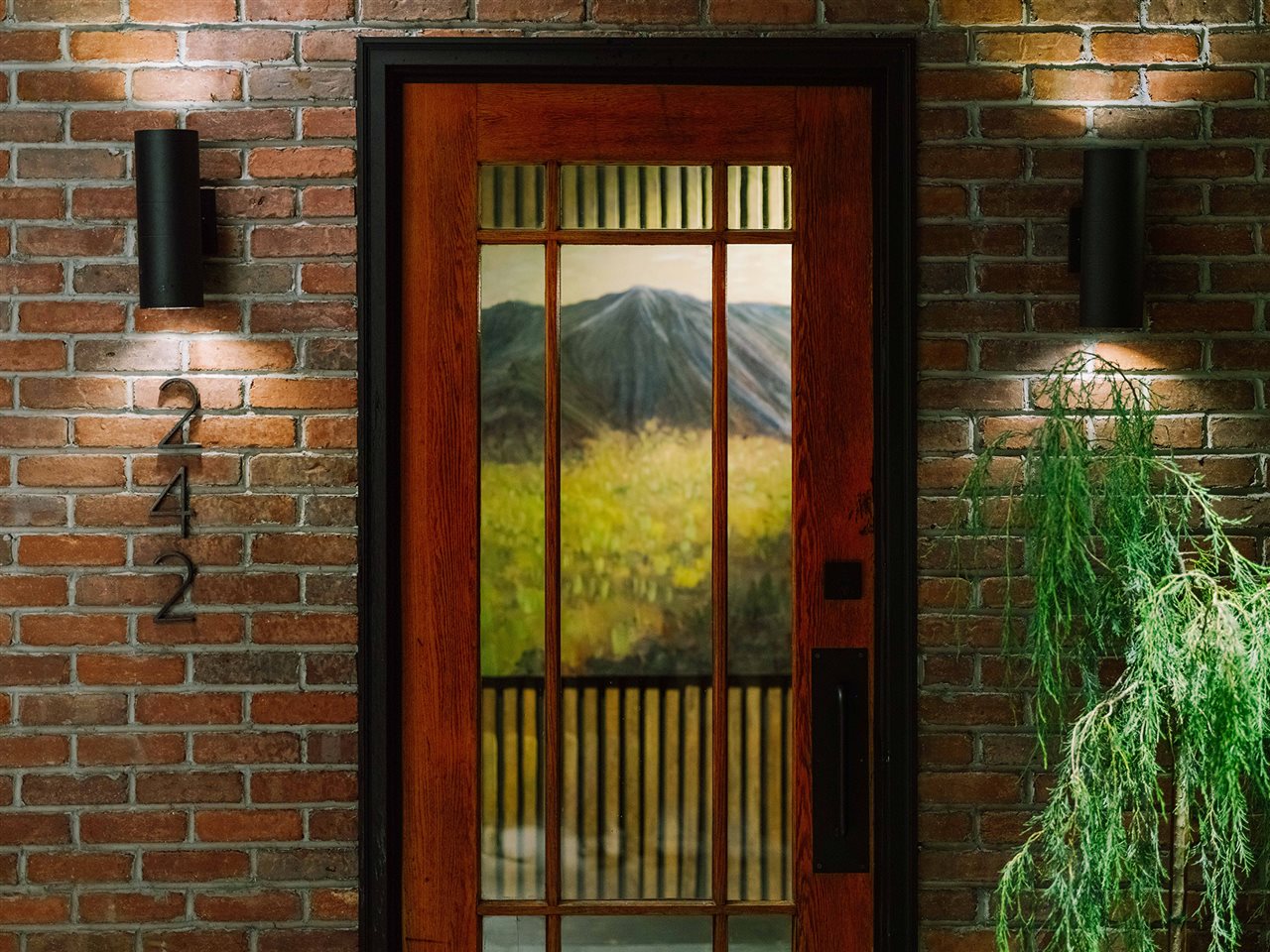2026-02-13T17:01:00
(BPT) – Key takeaways:
- Nine U.S. Army Soldier-athletes and coaches, plus two alternates, are representing the country as they compete in bobsled, biathlon, Nordic combined and figure skating on the world stage.
- These Soldier-athletes are from the U.S. Army’s World Class Athlete Program (WCAP), and apply the teamwork, discipline and resiliency learned in the Army to compete at the highest level.
- The Army has been training Soldier-athletes to compete on the world stage for more than 75 years and has sent more than 600 Soldier-athletes to compete, earning more than 120 medals.
Nine U.S. Army Soldier-athletes and coaches and two alternates are representing the country in Italy, joining thousands of elite athletes competing on the world stage.
For more than 75 years, the U.S. Army has sent more than 600 Soldier-athletes to compete on the world stage, earning more than 120 medals across various sports and disciplines. These Soldier-athletes are members of the U.S. Army’s World Class Athlete Program (WCAP), an elite group of competitors who apply the teamwork, discipline and resiliency learned in the Army to compete at the highest level.
Army honors its history in Northern Italy
The backdrop of the competition is especially significant to these Soldier-athletes, as they honor the Army’s rich history in northern Italy and alpine warfare. The Army’s ties to this region date back to World War II, when the 10th Mountain Division — an elite alpine unit trained for mountain warfare — ascended critical terrain in northern Italy to secure a victory that shifted the momentum of the war. After returning home, many of these Soldiers went on to develop ski resorts nationwide that became the foundation of the modern ski industry.
The Army’s ties to [northern Italy] date back to World War II, when the 10th Mountain Division — an elite alpine unit trained for mountain warfare — ascended critical terrain to secure a victory that shifted the momentum of the war.
Which U.S. Army Soldier-athletes and coaches are competing in Milan?
As the Army is making history in this region once again, meet the Soldier-athletes who are building on this legacy of success and putting their training to the test:
- Lt. Col. Chris Fogt, Lt. Col. Garrett Hines and Sgt. 1st Class Shauna Rohbock lead bobsled for U.S.
The Army’s presence extends beyond the athletes, as Lt. Col. Chris Fogt, Lt. Col. Garrett Hines and Sgt. 1st Class Shauna Rohbock are coaches for the U.S. bobsled team.
Three-time competitor and silver medalist, Lt. Col. Chris Fogt, is using his competition and Army experience to train the next generation of athletes as head coach of the U.S. bobsled team.
Fogt — an active-duty Soldier, three-time Games competitor, silver medalist and current Head Coach — is hoping to lead the next generation of USA bobsledders to a podium finish. In reflecting on his journey, he says, “My two dreams were to join the Army and to be an athlete […] and the Army’s support has allowed me to be successful in both.”
Rohbock, an active-duty Soldier and assistant bobsled coach, is a pioneer in the sport and a natural leader for the team. She is one of the first women to compete at the national level in bobsled, eventually earning the silver medal in the two-woman bobsled event in 2006. Hines, a reserve Soldier, is coaching his second Games, drawing from his experience as a member of the U.S. four-man bobsled team that brought home the silver medal in 2002. He believes that one of the best aspects of sports is the team dynamic, which he also values as part of his broader Army experience.
- Staff Sgt. Deedra Irwin seeks a podium finish in biathlon
Vermont National Guard Soldier and biathlete Staff Sgt. Deedra Irwin is returning to the world stage in February. This follows a historic performance in 2022 in Beijing, where she placed seventh in the 15-kilometer individual event, the highest ever for an American in the sport of biathlon.
Staff Sgt. Deedra Irwin hopes to bring the United States its first medal in biathlon, after a historic seventh place finish in 2022 in Beijing.
Irwin secured her ticket to Milan at the 2025 Biathlon World Cup in Annecy-Le Grand Bornand, France, and now she hopes to bring the United States its first podium finish in biathlon — the only sport in which the country does not have a medal.
With history on the line, Irwin is mindful of how she prepares for the competition and stays present in the moment by listening to what her body needs. “I like to make sure I check in with my energy levels and mental state on race days. If I need a nap, I’m not afraid to take one, and if I need a dance party to calm my nerves, I play my music out loud!” What artists earn a spot on her playlist? She says, “I love my throwback party songs from the early 2000s! Beyoncé, David Guetta, Taio Cruz, Rihanna, Pitbull. The list goes on!”
- After injury, Pfc. Spencer Howe makes Games debut in pairs figure skating
Active-duty Soldier Pfc. Spencer Howe is making history as the Army’s only Soldier-athlete to participate in pairs figure skating at the Games with his partner, Emily Chan. Howe’s journey to the world stage is a testament to the determination and resilience he learned throughout his Army training.
Pfc. Spencer Howe used the resilience and determination he learned in the Army to battle back from injury, and make his Games debut.
After suffering a shoulder injury in 2023, Howe underwent surgery and extensive physical therapy before returning to the ice. It was during this time that he learned about WCAP and enlisted in the Army as a Motor Transport Operator — successfully balancing his passion for service with elite competition.
After attending basic training, Howe continued to battle for a spot on the team — a journey that culminated with a nail-biting performance at the 2026 U.S. Figure Skating Championships in St. Louis. After a disappointing short program, the pair rallied with a strong free skate and secured the final pairs spot. In Milan, Howe is tapping into the determination he fostered in the Army to overcome his biggest competition yet.
- Bobsledder Spc. Azaria Hill continues family legacy while paving the way for others
After being named to the team, active-duty Soldier and bobsledder Spc. Azaria Hill is not only continuing her family’s legacy of elite competition, but she is also representing the growing number of women making their mark on winter sports.
Spc. Azaria Hill continues her family’s legacy of elite competition and is among the 47% of athlete quota spots allocated to women in Milan.
As a collegiate sprinter, Hill had her eyes set on competing on the world stage, hoping to follow in the footsteps of her mom, three-time track and field medalist Denean Howard-Hill. But after discovering bobsled — a sport that surprisingly has many similarities to track and field — Hill realized her talent and love for the sport and joined the Army in 2024 to continue pursuing elite competition while also serving her country.
At the Games, Hill is carrying on her family’s history of competing at the highest level; however, this competition looks much different than the 1984 Summer Games in Los Angeles, when her mom won gold in track and field. Women now hold 47% of overall athlete quota spots at the Winter Games — a percentage that has doubled since 1984, symbolizing the rising presence of elite women athletes in international competition.
- Sgt. Ben Loomis attends third Games in Nordic combined
Sgt. Ben Loomis is returning to the world stage for his third appearance, after attending the 2018 and 2022 Games for Nordic combined, a sport that combines ski jumping with cross-country skiing. Loomis was introduced to the sport through his brother and grew to love the endurance of racing mixed with the adrenaline of the jumps.
Sgt. Ben Loomis is making his third appearance at the Games in Nordic combined, a sport that combines endurance with adrenaline.
Loomis credits the Army with building the qualities and purpose to help him compete. “The honor, integrity and discipline required to be a Soldier directly improves my athletic career. The Army has given me a higher sense of purpose as an athlete and Soldier, and the privilege I have to represent the country as a Soldier-athlete is second to none.”
- Sgt. Frank Del Duca returns for second Games in bobsled
Growing up in Maine, active-duty Soldier and bobsledder Sgt. Frank Del Duca always had a passion for winter sports, originally becoming a state champion in downhill slalom skiing during high school.
Sgt. Frank Del Duca is making his second appearance at the Games and credits his physical readiness to the wide variety of training he experiences in the Army.
Del Duca attended a bobsled combine in 2015, and after earning one of the highest scores of the group, he kicked off his career in the sport. He joined the Army in 2019 to continue training within WCAP, and the effort paid off with him making his Games debut in 2022 in Beijing.
Del Duca qualified for his second appearance with the goal of leading the United States to a podium. He attributes his physical readiness to the diverse training methods he has experienced in the Army, including long-distance running, ruck marches, interval sprints and strength training.
And when the workouts got tough, he learned to lean on his fellow Soldiers, noting, “I was around a great group of people, and that camaraderie pulls something out of you that is very special.”
- Biathlete Spc. Sean Doherty competes in fourth Games
After qualifying for a spot in Milan at the 2026 IBU Biathlon World Cup in Antholz, Italy, Vermont National Guard Soldier and biathlete Spc. Sean Doherty is making his fourth Games appearance, tying the all-time record for appearances by an American in the sport.
With Milan being his fourth appearance at the Games, Spc. Sean Doherty has tied the all-time record for appearances by an American in the sport.
Doherty began biathlon at age 12 and soon rose in the sport’s ranks to become an eight-time U.S. World Championship team member and competitor at the 2014, 2018 and 2022 Games. Looking to extend his longevity of competing, Doherty joined the Army in 2018 as a Carpentry and Masonry Specialist, providing him with access to the world-class training of WCAP, as well as continued career opportunities once he moves on from elite competition.
- Spc. Dana Kellogg (luge doubles) and Cpl. Hakeem Abdul-Saboor (bobsled) represent country and Army as alternates
Spc. Dana Kellogg is attending the Games as an alternate in luge doubles, a sport he was immediately drawn to during the 2010 Games. He began competing in 2013 and joined the Army in 2019 to continue his journey. He notes that one of the most important aspects of his training is mental work and visualization. When completing a luge run, the sled has the potential to move up to 80 mph with a minimum of 16 curves throughout the track — requiring significant mental preparation to ensure his body knows how to safely and efficiently operate the sled.
Cpl. Hakeem Abdul-Saboor — a former basketball, football and track star — is attending Milan as an alternate in bobsled. Growing up, he had no intention of competing in bobsled and only discovered the sport after a strength coach recognized his natural athletic ability. His career in the sport took off, and he attended the 2018 and 2022 Games in the position of pusher.
Tune in to cheer on these Soldier-athletes as they compete for the nation and learn more about the possibilities of Army service at GoArmy.com.









































